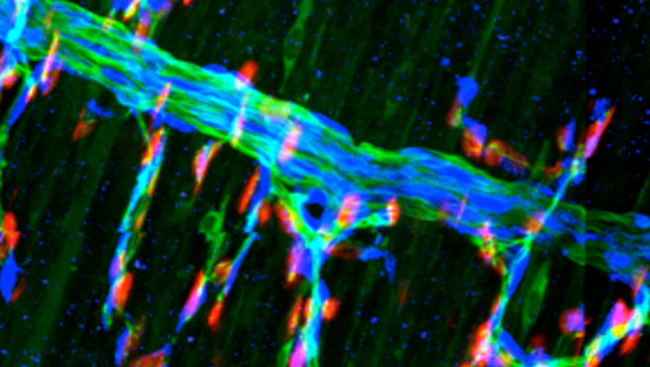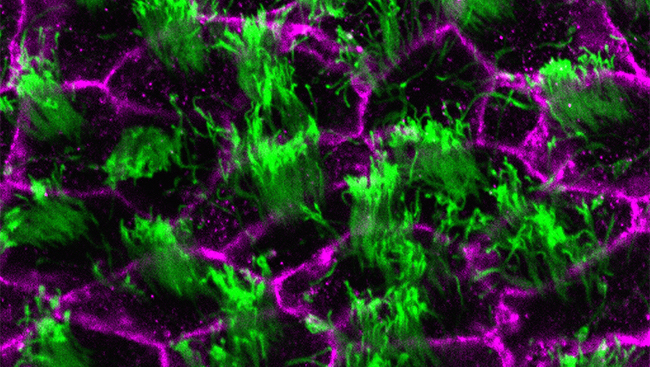Understanding How Early Life Experience Shapes Development
- Featured in:
- Meet-the-Experts
This an audio-only recording captured at Neuroscience 2018.
Brain development during the early postnatal stage is extremely sensitive and complex, as well as crucial to proper function throughout an individual’s lifetime.
Early in her life, Tomomi Shimogori faced the challenge of learning multiple languages fluently. Over the course of her research career, her interest in understanding the relationship of early brain development and behavior would drive her to study developmental biology and the effects of early life experience, including language learning. Through her research at the RIKEN Center for Brain Science, she now seeks to understand at the molecular level how early embryonic development, during which time genes may exert greater control than environmental cues, changes an animal’s behavior.
Most research related to early life experience has been conducted in rodents, primarily because a large range of genetic tools exists to investigate it, but the human brain is far different from the mouse one. As Shimogori explains in this Meet the Expert, her lab, in collaboration with Japan’s Brain Mapping by Integrated Neurotechnologies for Disease Studies (Brain/MINDS) project, is developing a model in the common marmoset based around the creation of a gene atlas, which will help fill the gap in knowledge between that of the rodent brain and that of the human brain.










